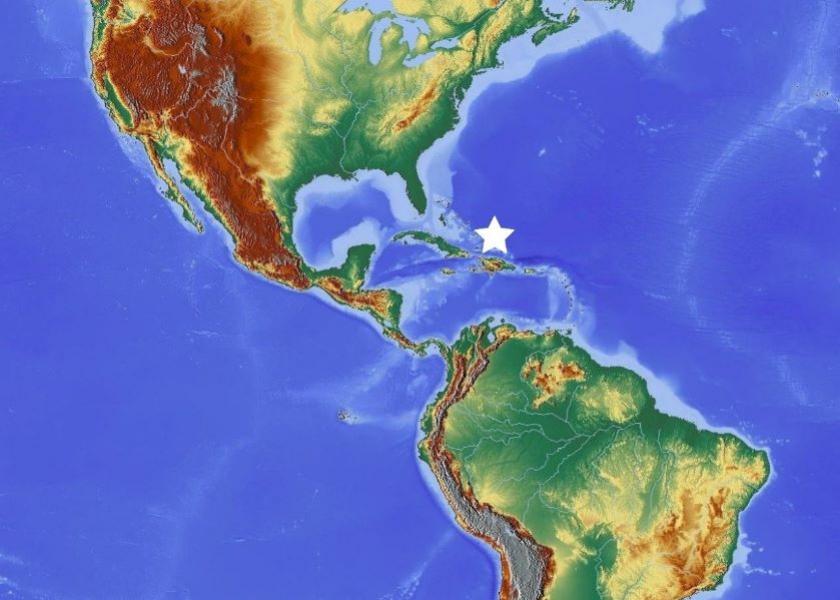Dominican Republic Confirms Positive Case of African Swine Fever

The USDA announced on July 28 that the Dominican Republic (DR) has confirmed cases of African swine fever (ASF). The cases were confirmed as part of a cooperative surveillance program between the U.S. and the DR, the National Pork Producers Council (NPPC) reports. This is the first time ASF has been detected in the Western Hemisphere in decades.
The U.S. remains free of this deadly virus that affects pigs only and poses no human health implications.
USDA’s Animal and Plant Health Inspection Service (APHIS) has numerous interlocking safeguards in place to prevent ASF from entering the U.S.
-Pork and pork products from the DR are currently prohibited entry as a result of existing classical swine fever restrictions.
-The Department of Homeland Security’s Customs and Border Protection (CBP) is increasing inspections of flights from the DR to ensure travelers do not bring prohibited products to the U.S.
-CBP will also be ensuring that garbage from these airplanes are properly disposed of to prevent the transmission of ASF.
USDA said they are committed to assisting the DR in dealing with ASF, will offer continued testing support, and will consult with them on additional steps or actions to support response and mitigation measures. They will also offer similar help to Haiti, which borders the DR and is at high risk for ASF.
“The United States has significantly bolstered biosecurity to protect the U.S. swine herd since ASF broke in China nearly three years ago and began spreading to other parts of the world,” Liz Wagstrom, NPPC chief veterinarian, said in the release.
She acknowledged steps taken by the USDA and CBP to strengthen border inspection as well as the implementation of an active surveillance program designed to quickly detect and eradicate ASF.
"These measures are particularly important now that ASF has been detected in the Western hemisphere for the first time in approximately 40 years," Wagstrom said.
NPPC encourages U.S. pork producers to take the following protective measures:
• Use caution when hosting on-farm visitors from an ASF-positive region of the world; follow downtime recommendations from USDA's Plum Island Foreign Animal Disease Diagnostic Laboratory.
• Review your biosecurity protocols to ensure consistent practice of appropriate safeguards.
• Fill out the Foreign Animal Disease Preparation Checklist found here and enroll in the Secure Pork Supply program.
• Visit with your feed suppliers to discuss the origin of the feed ingredients they are using in your diets.
In a PorkBusiness.com article on July 26, Kansas State University professor of animal sciences Cassandra Jones noted concern that the industry is starting to slip into some of those old habits when the country was almost to the “pre-ASF-breaking in Asia stage.”
“Regardless of what study we look at, it still supports that we need to be as committed to biosecurity on the feed side, on the pig side, on the show side, as what we were two years ago,” Jones said. “Honestly, I don't see us being there anymore. I think that it opens up the opportunity for some gaps that we had previously closed.”
For additional information on ASF biosecurity, please visit www.nppc.org/asf. Follow the latest news on ASF at porkbusiness.com/topics/african-swine-fever.
Read more from Farm Journal's PORK:
Biosecurity in the U.S. Pork Industry: Are the Gaps Opening?
'The Sky Has Fallen': Chinese Farmers See Livelihoods Washed Away By Floods
Deadly Floods Affect Pig Farms and Raise African Swine Fever Risks in China
U.S. Continues to Take Steps to Keep African Swine Fever Out
Federal Agents Prevent Smuggled Animal Products from Entering the U.S.







